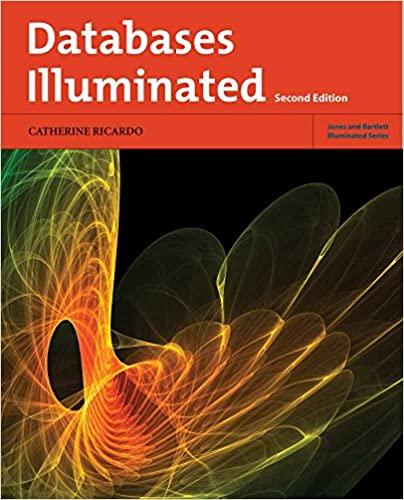Question
A coffee company blends four component beans into three final blends of coffee: one is sold to luxury hotels, another to restaurants, and the third
A coffee company blends four component beans into three final blends of coffee: one is sold to luxury hotels, another to restaurants, and the third to supermarkets for store-label brands. The company has four reliable bean supplies: Argentine Abundo, Peruvian Colmado, Brazilian Maximo, and Chilean Saboro. The table below summarizes the very precise recipes for the final coffee blends, the cost and availability information for the four components, and the wholesale price per pound of the final blends. The percentages indicate the fraction of each component to be used in each blend.
| Component (pounds) | Hotel | Rest | Market | Cost per pound | Max. weekly availability |
| Abundo | 20% | 35% | 10% | $0.60 | 40,000 |
| Colmado | 40% | 15% | 35% | $0.80 | 25,000 |
| Maximo | 15% | 20% | 40% | $0.55 | 20,000 |
| Saboro | 25% | 30% | 15% | $0.70 | 45,000 |
| Wholesale price per pound | $1.25 | $1.50 | $1.40 |
The processors plant can handle no more than 100,000 pounds per week, and Hill-O-Beans would like to operate at capacity, if possible. Selling the final blends is not a problem, although the Marketing Department requires minimum production levels of 10,000, 25,000, and 30,000 pounds, respectively, for the hotel, restaurant and market blends.
Using excel & the solver tool:
1.) To maximize weekly profit, how many pounds of each component should be purchased?
2.) How would the optimal profit change if there were a 1000-pound increase in the availability of Abundo beans? Colmado? Maximo? Saboro?
Step by Step Solution
There are 3 Steps involved in it
Step: 1

Get Instant Access to Expert-Tailored Solutions
See step-by-step solutions with expert insights and AI powered tools for academic success
Step: 2

Step: 3

Ace Your Homework with AI
Get the answers you need in no time with our AI-driven, step-by-step assistance
Get Started


